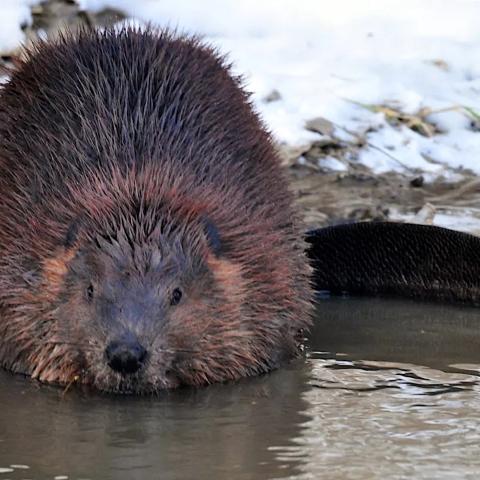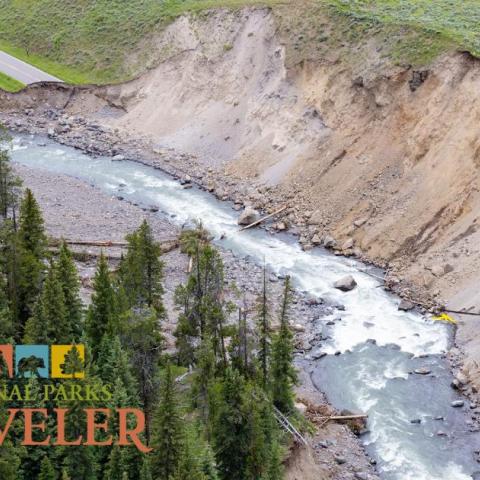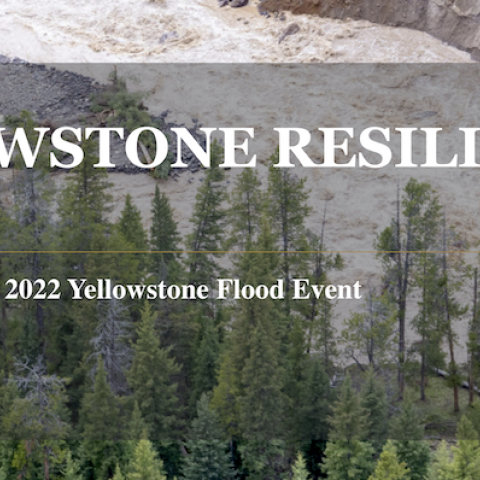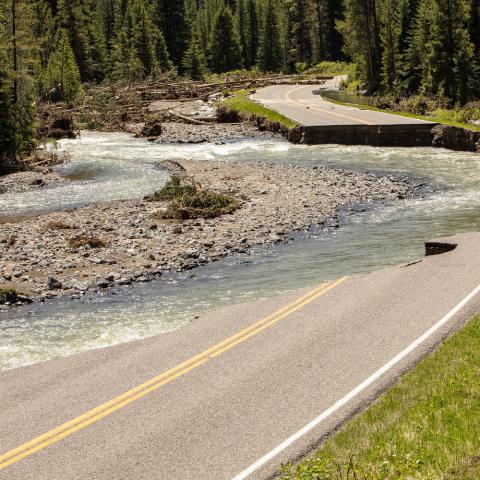Fuel Truck Rolls Over On Hwy 191 In Yellowstone National Park
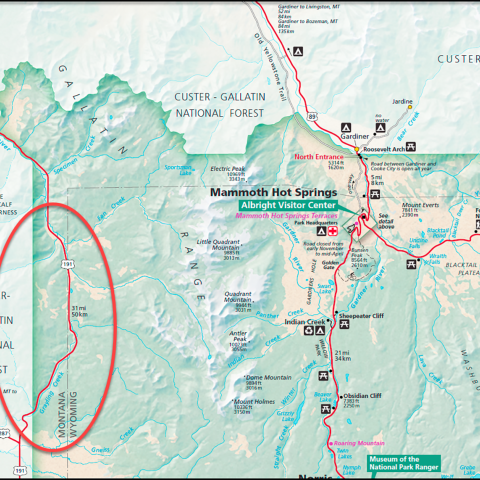
In the early morning hours of August 19, 2022, a fuel tanker truck lost control and rolled over near mile marker 16 on U.S. Hwy 191, a section of highway that runs through the western portion of Yellowstone National Park.
- By Compiled From N... - August 21st, 2022 3:00am




